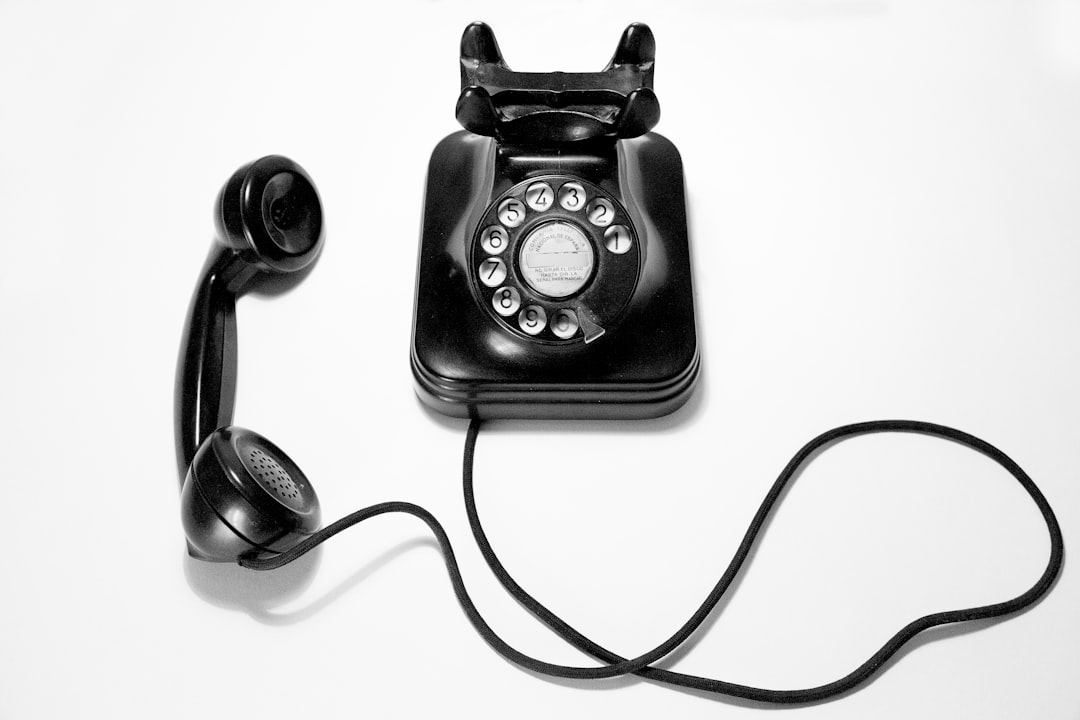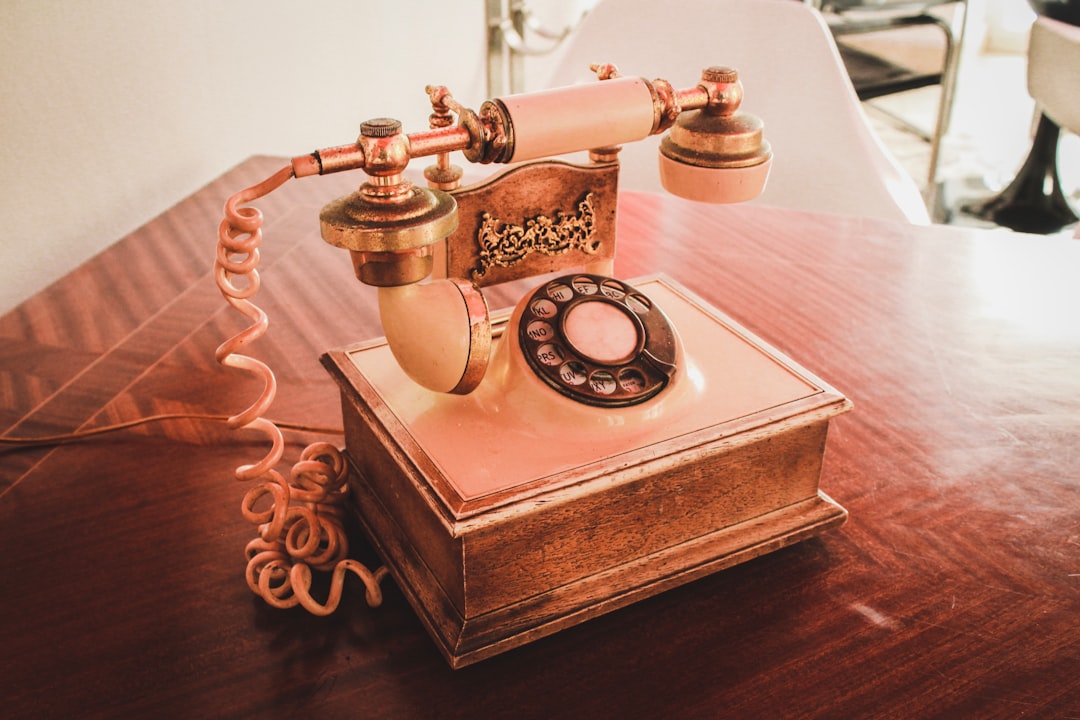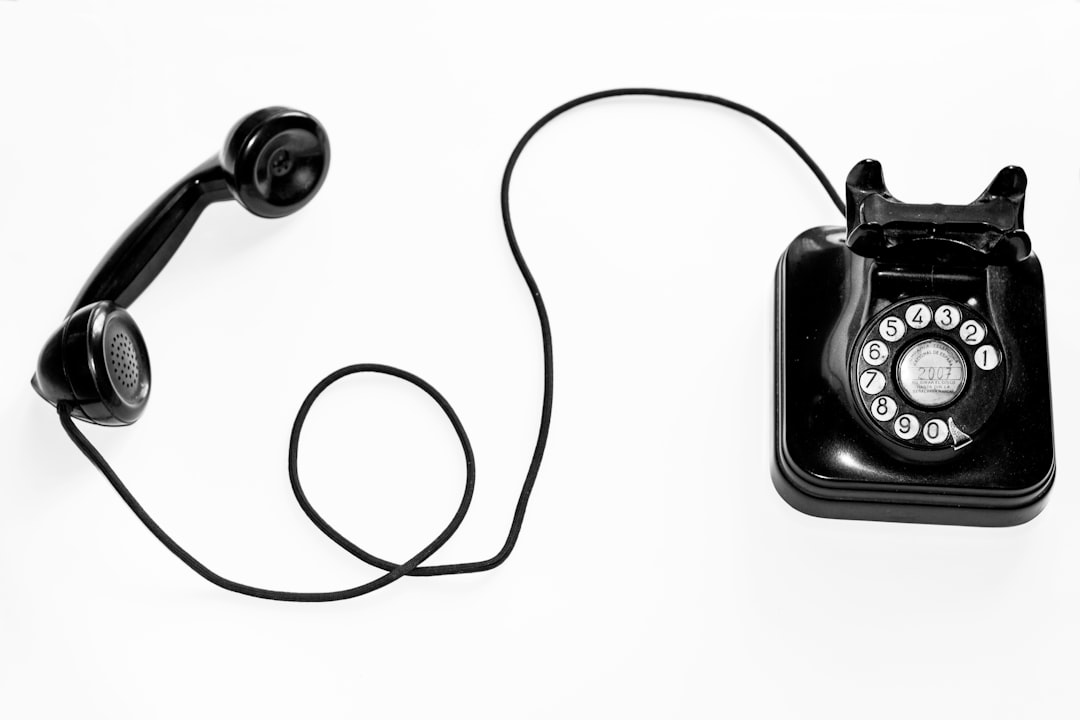Emmetsburg's Wild Rose Casino faces a growing problem of gambling-themed robocalls, prompting proactive measures to protect patrons from scams. With an increase in automated marketing and fraudulent calls across Iowa, the state has implemented strict regulations for robocall law firms, empowering consumers. A focus on public education, Do Not Call lists, and improved reporting mechanisms aims to combat deceptive practices by scammers targeting vulnerable gamblers. Stricter laws and collaboration with legal experts are crucial steps in ensuring a safer gaming environment.
Emmetsburg’s Wild Rose Casino has recently warned patrons about a surge in gambling-related robocalls, highlighting a growing concern for Iowans. In this article, we explore the background of this issue, delving into the rise of robocalls targeting casinos and their legal implications in the state. We analyze the impact on patrons, discuss strategies from law firms to combat these calls, and look at potential future prevention measures to safeguard Iowa gamblers from unwanted robocalls, focusing on collaboration between casinos and legal experts.
Background: Emmetsburg's Wild Rose Casino and the Rise of Robocalls

Emmetsburg’s Wild Rose Casino, a popular destination for gamblers in Iowa, has recently found itself at the center of an unusual issue—robocalls targeting its patrons. This growing problem isn’t unique to the casino; it’s a widespread concern across the state and beyond. With the rise of automated phone systems, robocalls have become an increasingly prevalent nuisance, not just for casinos but for various businesses and individuals. These pre-recorded messages, often marketing or fraudulent in nature, are delivered en masse, leaving recipients with a sense of unease and frustration.
In response to this rising trend, Wild Rose Casino has taken a proactive step by warning its customers about these gambling-related robocalls. Many patrons have reported receiving suspicious calls, claiming prizes or urging them to update their account information. Such activities are often indicative of scam attempts, with the callers masquerading as legitimate representatives of the casino. This is where a robocall law firm in Iowa comes into play, offering expertise and legal guidance to protect both casino operators and their customers from these deceptive practices.
Legal Aspects: Iowa's Position on Gambling Robocalls

In the realm of gambling, especially with the rise of online and phone-based casino services, robocalls have become a growing concern for both businesses and their patrons. Iowa, like many states, has specific laws and regulations in place to protect consumers from deceptive or unwanted robocalls, particularly those related to gambling. These laws are designed to ensure fair practices within the industry and safeguard individuals from potential scams.
A prominent example involves Emmetsburg’s Wild Rose Casino, which has recently taken measures to inform its patrons about gambling-related robocalls. Such calls, often posing as legal or financial firms, attempt to lure individuals into providing personal information or making financial decisions under false pretenses. Iowa’s robocall law firm guidelines strictly regulate when and how businesses can use automated dialing systems for marketing purposes, emphasizing the need for explicit consent from recipients, thereby empowering consumers to avoid potential gambling-related frauds.
Impact on Patrons: Navigating Unwanted Phone Calls

Many patrons of Emmetburg’s Wild Rose Casino have been left disturbed by a recent wave of gambling-related robocalls, causing frustration and concern among regular visitors. These unwanted phone calls, often disguised as legitimate casino promotions, not only disrupt individuals’ peace but also raise concerns about privacy and the potential for fraudulent activities. With the rise in robocall law firm cases across Iowa, casino goers are becoming increasingly vigilant, wary of calls that might be designed to trick them into revealing personal information or making financial decisions they later regret.
Navigating this modern nuisance requires a blend of caution and awareness. Patrons are advised to verify the source of any suspicious calls, especially those promising rewards or warnings about account issues. The casino has assured its community that it does not initiate such calls and encourages everyone to block numbers associated with these robocalls. Understanding the tactics employed by scammers and knowing how to protect themselves is key for patrons looking to enjoy their gaming experience without the added stress of unwanted phone intrusions.
Strategies to Combat Robocalls from Law Firms

Robocalls from law firms, often posing as collections agencies or legal entities, are a prevalent issue in Iowa and across the nation. To combat these nuisance calls, several strategies can be employed. One effective method is to register for Do Not Call lists maintained by both state and federal authorities. This ensures that automated calls from law firms and other entities are blocked.
Additionally, consumers can install call-blocking apps or purchase hardware devices designed to filter out unwanted robocalls. Keeping personal information private and secure is another crucial step; limiting the sharing of contact details can reduce the likelihood of being targeted. The Federal Trade Commission (FTC) offers valuable resources and guidelines on how to handle and report these calls, empowering individuals to take proactive measures against robocall law firms in Iowa and elsewhere.
Future Prevention Measures: Protecting Gamblers in Iowa

In response to the recent spate of gambling-related robocalls targeting patrons at the Wild Rose Casino in Emmetsburg, IA, industry officials and legal experts are advocating for stronger measures to protect gamblers across the state. Moving forward, they aim to implement stricter regulations and collaborate with a robocall law firm in Iowa to combat this growing issue. This includes enhancing existing laws to fine or penalize those responsible for unsolicited automated calls, especially when targeting vulnerable populations like casino patrons.
One proposed strategy is to establish dedicated hotlines where gamblers can report suspicious calls, enabling swift action by authorities and legal experts. Additionally, public awareness campaigns are planned to educate Iowans about the risks associated with robocalls and how to verify the authenticity of gambling-related communications. By combining stricter laws, improved reporting mechanisms, and heightened public vigilance, Iowa aims to create a safer environment for its gamblers and deter potential scammers from targeting them through deceptive robocalls.






